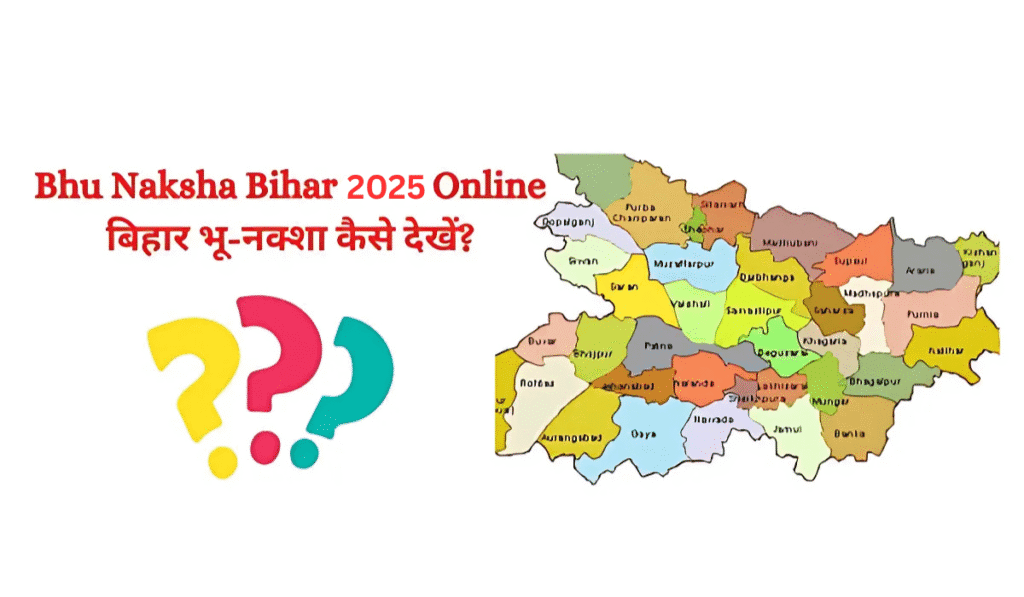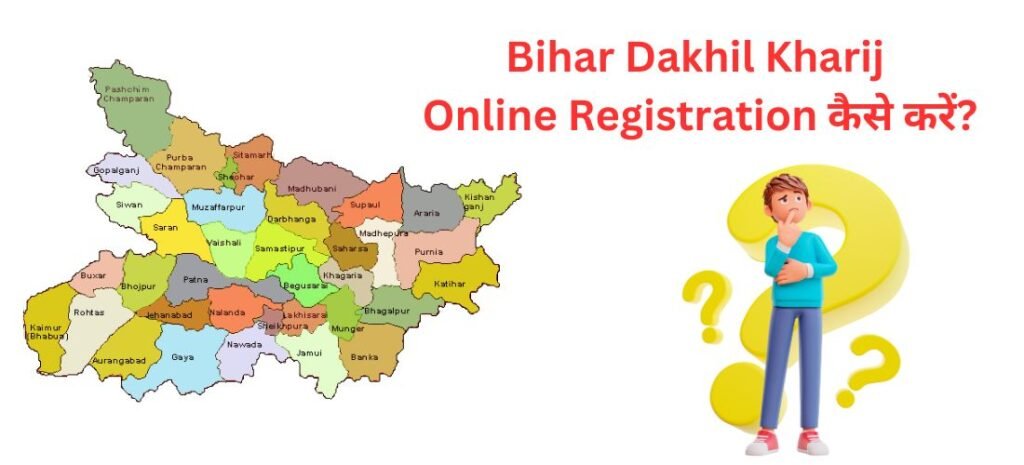A diverse group of people comes together with a common purpose—winning. That pursuit forms cohesion even among competing countries. Sports provide an infrequent break from political issues. A striking illustration would be seeing North and South Korea parading in union at the Olympics. Regardless of the conflicts, games generate an environment of inclusivity. They represent harmony, optimism, and international unity.
Historic Moments of Sports Diplomacy
In 1971, US President Nixon visited Beijing because of the ‘Ping Pong Diplomacy’ that had followed the US and China table tennis match of 1971. This match ended over 22 years of silence between both nations. Just like betting online can connect people across borders today, that simple game bridged a political divide. Recently in 2018, the Winter Olympics saw the combined North and South Korea Olympic teams march and this action also brought forth mutual peace negotiations.
The Olympic Games, much like other sporting competitions, are considered a neutral ground. Even within the Cold War, athletes from eastern and western countries shook hands despite the tension. Such events give the world the feeling of hope since they show that sports can build bonds during times of deep political disputes.
Benefits Beyond the Playing Field
The reach of sports diplomacy transcends even the grandest of symbolic handshakes. International relations are enhanced through sports diplomacy, promoting further international cooperation. Here’s how it can help:
- Establish cultural relations among different nations
- Diminish stereotypes while fostering compassion
- Develop politically tolerant environments
- Boost public support towards peace initiatives
Though fans and politicians arrive with the intention of the match, something deeper often unfolds. Even platforms like MelBet India Facebook show how discussions around sports can grow into bigger conversations. They often leave having a shift in perspective.
Forms of Collaboration in Sports Diplomacy
When countries choose ball games over politics, that’s when meaningful progress happens. Cooperative sporting activities go beyond propaganda; they serve as geopolitical bridges. These exchanges, which range from joint training camps to shared tournaments, help in belittling the “opposition.” Trust is fostered. Boundaries become less rigid. It is diplomacy without rhetoric.
Joint Training Programs and Friendly Matches
The cricket boards of India and Pakistan planned to host matches again in 2011 after years of suspension due to the Mumbai attacks. Starting up matches once more led to reconciliation between the nations with packed stadiums. Such events provide additional value to warriors, not only as competitors, but as citizens. The same goes for North and South Korea, which were united by a joint table tennis venture that eased decades of hostilities in 1991.
Athletes training together isn’t a mere exercise; it’s a diplomatic endeavor. When athletes from usually rival countries practice together, they develop a personal dimension of international relations that goes beyond what politicians can create. Such bonds aid in storytelling. They travel back home. Instead of war, the public witnesses peace. On the field, players focus on strategies, trust, and movement instead of the past. And the best part is all of that extends beyond sports.
Olympic Truces and Peace Initiatives
The Olympic Truce that was brought back by the UN calls for an agreement between nations to stop fighting during the Olympic Games. It may seem overly idealistic, but it works. During the 1994 Olympics, Bosnian athletes were able to travel due to a ceasefire in place. Similar attempts were made in Syria and South Sudan.
It also allowed Seoul to gain diplomatic recognition when they hosted the Olympics; their 1988 Games helped South Korea foster relations with Eastern Bloc countries. These examples showcase how sports can do much more than entertain—they can help facilitate real diplomacy and shape a peaceful world without bloodshed.
The Role of International Organizations
International institutions make a quintessential contribution towards the utilization of sports for encouraging peace. The United Nations has sponsored more than 100 activities intended to reduce social animosities and social exclusion through its “Sport for Development and Peace” initiative. Both FIFA and the International Olympic Committee have provided sponsorships for refugee teams which embody the moments where identity is greater than the country of origin.
These institutions transcend medals and regulations. They have been instrumental in the provision of activities in conflict areas, advocating for marginal participation in sports, and sending important political messages through major sporting events. For instance, in 2021, the IOC assisted in securing safe relocation for Afghan sports people under the control of the Taliban. Such efforts prove that when properly managed, organized sports can foster global integration.


